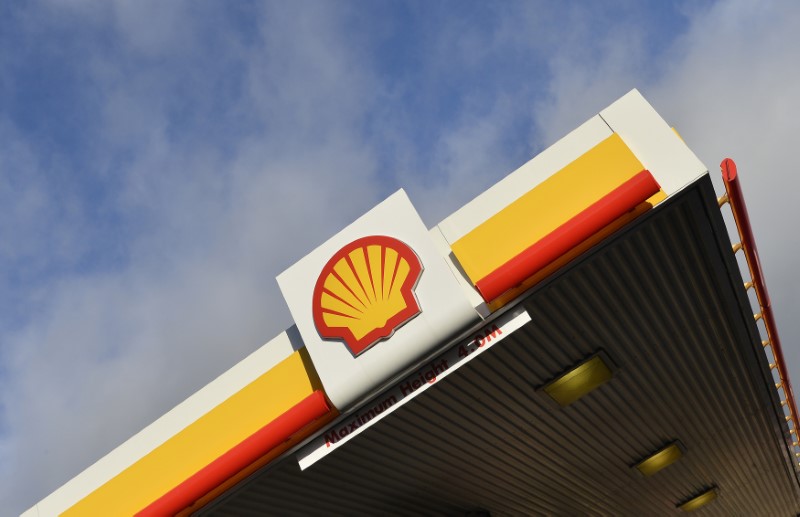LONDON (Reuters) - A recent surge in North Sea deals, driven by private equity money, will inspire other investors to spend more in the ageing basin where gross revenue has turned positive for the first time in five years, Britain's oil lobby said.
The UK North Sea oil and gas market has attracted deals worth $4 billion (3.27 billion pounds) since January, including private equity-backed Chrysaor's $3.8 billion acquisition of a large chunk of Shell's (L:RDSa) North Sea fields.
Other private equity investors, including Siccar Point, Carlyle Group (NASDAQ:CG), Neptune and CVC Partners, have bid for or acquired North Sea assets in recent months.
"They want good returns and you get that by investing and squeezing the rest of production out of your assets," Mike Tholen, economics director of lobby group Oil and Gas UK, told Reuters.
"Others will take signals from that. If you see others make good returns it's embarrassing if you don't do the same."
The group said in its annual business outlook that exploration and production (E&P) companies' gross revenue in the UK North Sea had turned positive and was expected to remain so this year, the first positive annual returns since 2012.
The jump into the black has mainly been driven by a rise in Brent crude prices (LCOc1) to above $55 a barrel and the fact that operational and investment costs have fallen considerably, the group said.
Unit operating costs have slipped to $15.3 per barrel of oil equivalent, from $29.7 in 2014.
E&P companies' free cash flow is expected to rise to around 5 billion pounds this year after years of negative liquidity because costs far exceeded revenue.
Britain is also in dire need of fresh investments in new projects, not just existing ones, as oil companies are yet to make a final decision on whether to inject cash into some 14 new fields between now and the end of 2018, Oil and Gas UK said.
"If we don't see further activity coming by the time we get to 2020 and beyond, production will again be on a quite steady downturn," Tholen said.
After years of decline, UK production is expected to rise for a third consecutive year in 2017 to 680-690 million barrels of oil equivalent due to projects coming on stream that were approved before the oil price collapsed in mid-2014.
But production could contract again if new investments fail to keep up with the natural rate of decline of existing fields.
"Now that prices are a bit more stable, people are generating some cash and we hope to see some of that reinvested. Now is the right point in the cycle," Tholen said.
